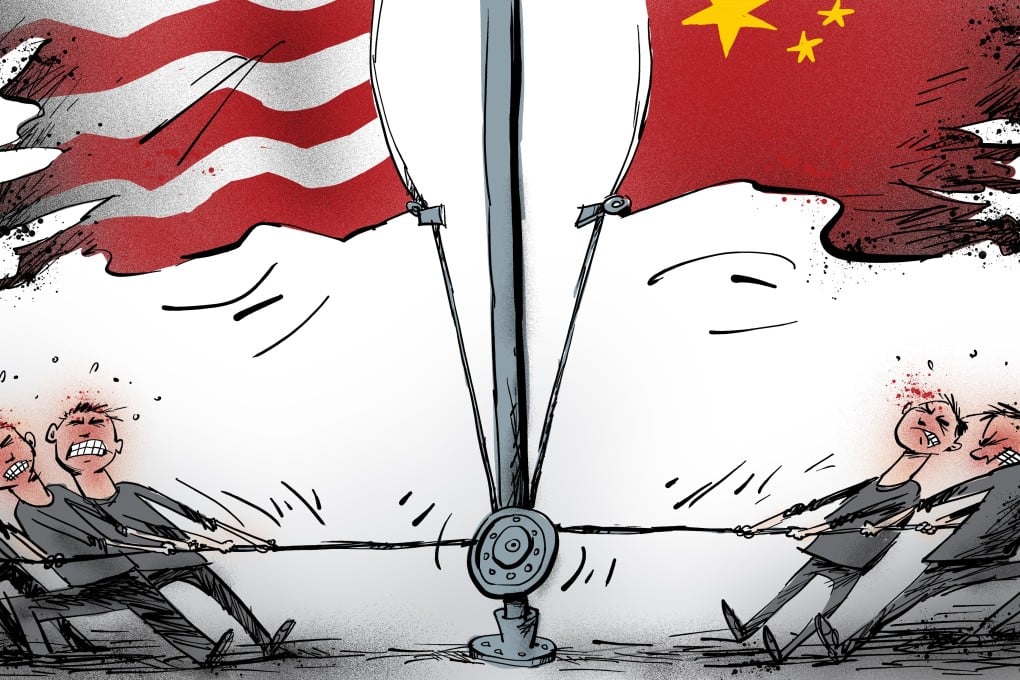Opinion | Western democracy and the Chinese model have one thing in common: both are flawed
- Hong Kong’s protest movement is only the latest battleground where the contest of ideologies is being played out
- Supporters on either side should not only recognise the strengths of their opponents’ system, but also admit the weaknesses of their own

In such showdowns, mainland Chinese usually characterise Hongkongers as poor losers and hooligans, emphasising the mainland’s economic success and social stability. Meanwhile, Hongkongers contend that mainland Chinese have been totally brainwashed with communist propaganda, and stress the importance of Western-style freedom and democracy.
Beneath the sound and fury, there lies the most important contest of the century: the Chinese model vs Western democracy. What is the Chinese model? Economists such as Branko Milanovic have identified this model as “political capitalism”, where the government, not civil society, has the ultimate authority to make decisions about the economy and society.

Then there is liberal capitalism, which is exemplified by contemporary American capitalism. As historian Nils Gilman has explained, this model’s “primary selling points are respect for the rule of law, political pluralism, cultural tolerance, and the concept of fair play – which together add up to the promise that everyone should have an equal chance at success, based on their God-given talent and hard work”.
